The powder keg in the Kivus is getting bigger and bigger, but Kinshasa is losing its momentum (Part 2)
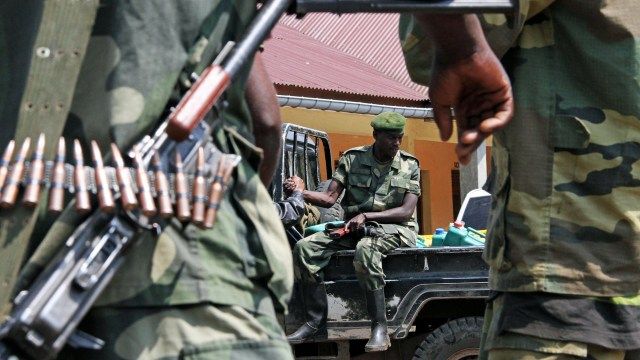
Yesterday, we published our first findings about our recent visit to the M23 zone in North-Kivu. We handed our microphones to the villagers, refugees, and M23 grunts to check what they think about the ongoing deadlock and the standoff between the M23 and the FARDC-FDLR coalition.
Today we’ll focus on what the M23 leadership thinks. For the outside world, it might seem that the situation has calmed down. Some observers even contacted us with the message criticising our previous analyses on an avoidable bigger war that's being prepared under the blanket. Apart from a couple of skirmishes near Tongo, nothing serious happened. So, we went back to check the situation on the spot; we talked to the M23 leadership, and after that, we confronted our usual contacts with their words. We found a pattern in their analyses that might become visible in the region very soon. That's not a nice one!
Bertrand Bisimwa
We talked with the M23 President, and some of his collaborators for several hours; on- and off camera.
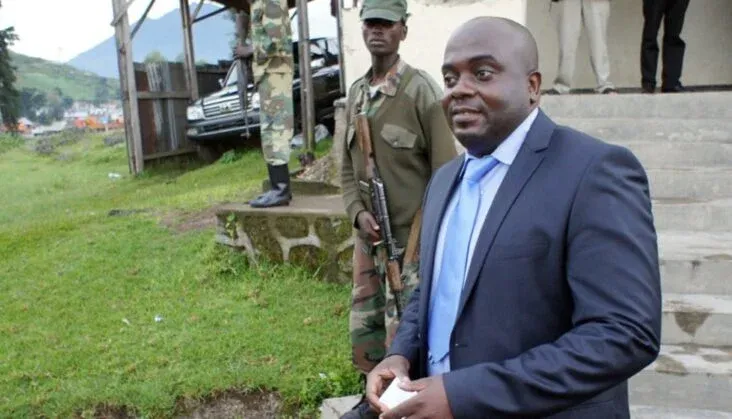
As usual the President of the M23 was very diplomatic but, he didn’t hide his dismay about Kinshasa's refusal to direct negotiations with the M23, its non-respect of the deals that were made in 2013, the way Kishasa is putting together a coalition with the genocidaire FDLR who are randomly killing people in the countryside of North-Kivu and the same government which recently engaged in the killings of innocent people in Goma. Not to talk about the killing of opposition leaders in Kinshasa, the harassment of journalists who had the courage to write the truth, etc..
This list of incoherent decisions and policy factors is becoming very long, and we might forget a couple of other ones. Bisimwa told us openly that the M23 had arrived at the end of its rope of tolerance; they had showed their goodwill to the international community to negotiate and now it had become clear to them that this was all in vain. As is the deployment of the EACRF: apart from the fact that they are still present on the spot they lack motivation and readiness, they didn’t deploy in certain zones out of fear for the FDLR (Kishishe is such a zone) and in other zones they allowed the FRDLR-FARDC coalition to advance on M23 position. But worst of all: the EACRF was unable to stop the killings of Tutsis in Masisi. So for the M23, the moment had arrived to grab the cow with its horns and to take a more aggressive and defensive position. “We will not move one inch from our positions,” according to Bisimwa. “We will react hard if attacked, and we are ready for it. The upcoming elections are of no importance to us if Kinshasa will not negotiate with us to start with. And even when Tshisekedi would declare today that he wants to talk to us and make a deal; that would be difficult to believe for us because Kinshasa never respected its deals in the past. “ As a result, the M23 is preparing itself for a bigger war.
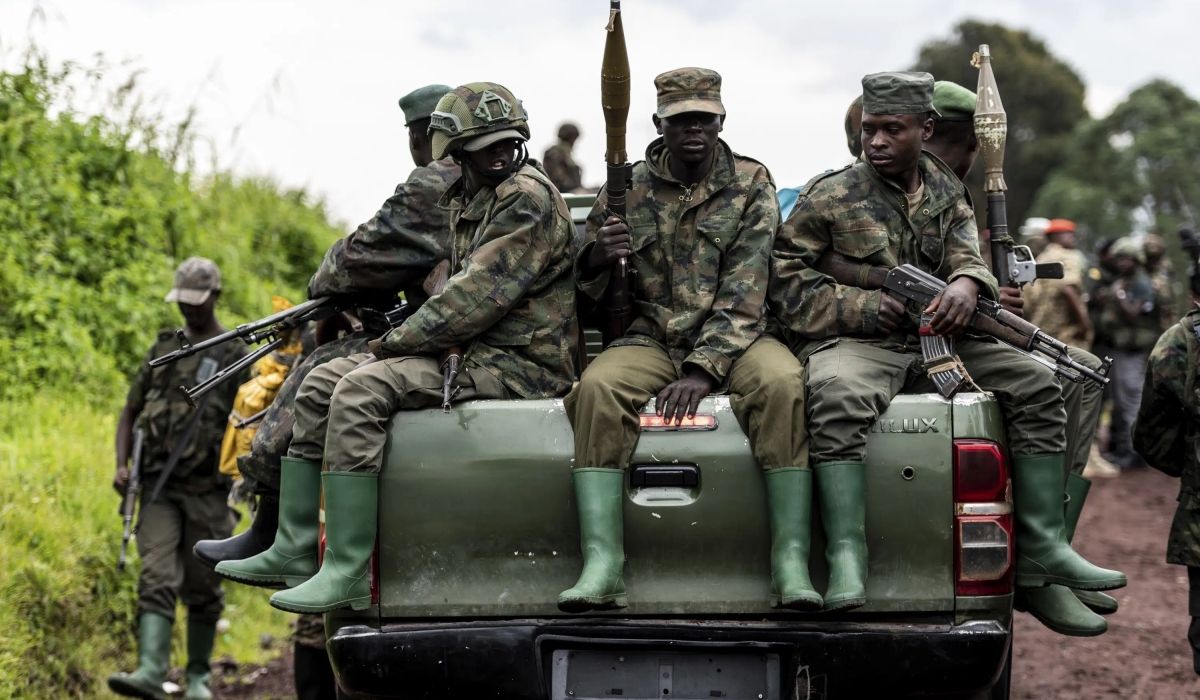
One of our contacts inside MONUSCO contacted us to get more info, and in the discussion that evolved, he told us that Bisimwa’s words had rarely been so direct and to the point. A lot of foreign observers and institutions had counted on the cool of the M23 to keep the negotiations on track, but that hope was now put to the grave. ‘Two months ago, the war drums in Kinshasa were still making a lot of noise,” he went on. “Tshisekedi shot himself in the foot with his incapacity to deal with the opposition in a normal way, he’s too busy to turn the elections into his favor and he shows clearly that he is not able to control his troops in the field. It is as he got scared to start a war in the east, of which the outcome is highly uncertain and bring his re-election in danger. On top of that, massacres are taking place in the Kivus: the FARDC and the FDLR started killing people in the countryside, but last week, they killed dozens of innocent civilians in Goma This has made it impossible for them to hide the facts and to blame others for it. It is also highly probable that the longer he waits to attack the M23, the more mishaps like this will happen. “
“The tension is Kinshasa is rising”, tells us our contact in Jean-Pierre Bemba’s cabinet. “Tshisekedi’s indecisiveness is becoming more and more visible. He is losing his credibility or putting it more bluntly: the last credibility he had left! The M23 might find courage in this and might smell his weakness and take advantage of this situation. “
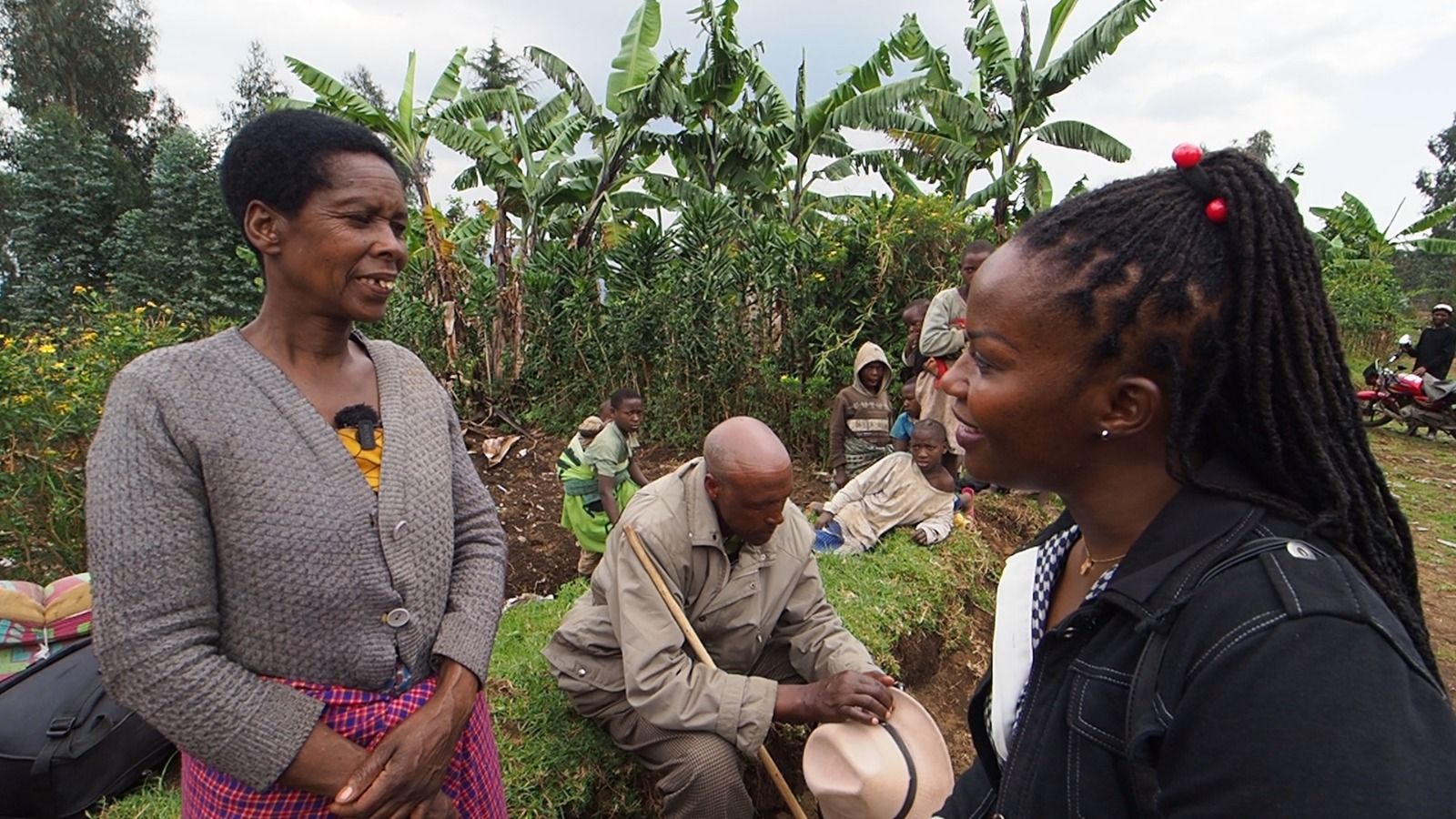
And the top brass of the M23 is very aware of this, indeed! They are preparing themselves for the big class and they tell us that they are more than ready for it. Tshisekedi also ran out of other options to find forces to the fighting in his place and is becoming more and more isolated. “The international community can now see for itself that we are not the ones to blame for this deadlock,” a top brass M23 officer concludes. “His hesitance and his mistakes are playing into our advantage. The taxi driver is getting nervous, and he might take more stupid decisions that will cost him dearly afterwards. In fact, we would not even have to fight to bring him down: his own stubbornness and selfishness will take care of that. “
Possible scenarios
We think that several scenario’s will be possible in the Kivus. Some of them might overlap. But none of them will be advantageous for Kinshasa. We’ll try to be brief and clear:
- The situation is prattling on like it is prattling now:
This might be the least violent one but also the least probable one since both sides are sharpening their knives and playing a game of bluff poker. This scenario also provides the international community the possibility to put pressure on Kinshasa to negotiate and to try to convince the M23 to burry its frustrations for a while.
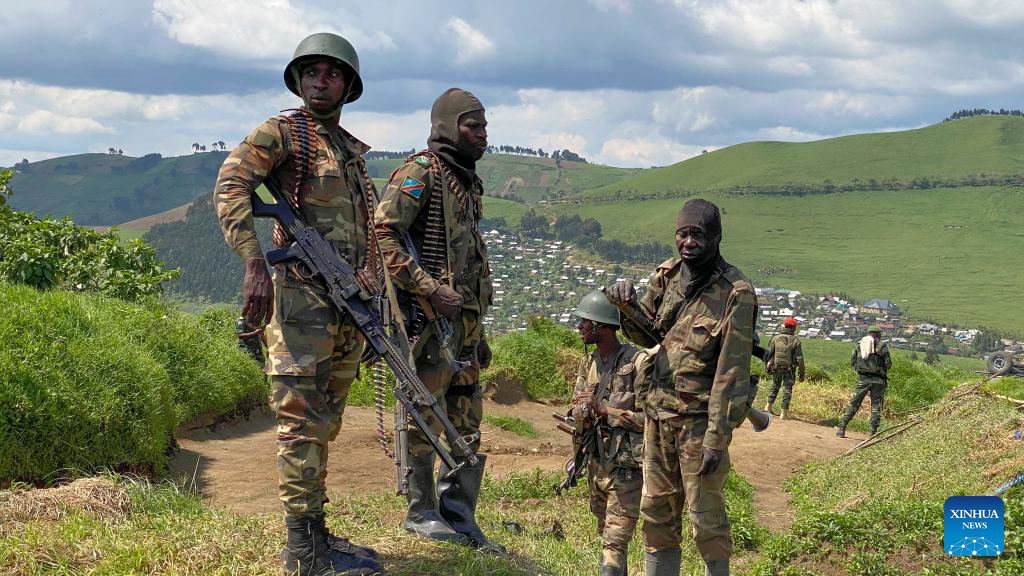
While discussing these options with other analyst’s one of them came up with a strange comparison: the ‘rope-a-dope’ strategy of Mohammed Ali when he was fighting Georges Foreman. During that fight, Ali was hanging constantly in the ropes with his gloves in front of his face and his arms and his elbows in front of his body. Forman tried to punch him very hard for several rounds, but Ali remained practically unharmed. The shocks of the blows were partially absorbed by the elasticity of the ropes, and while Foreman was hitting him so hard and running out of breath, Ali continued to insult him. At the end of the match, Ali woke up and started dancing around Foreman. The poor guy was physically exhausted and psychologically disorientated. The audience had already booed Ali for not showing any action, and everybody thought that Ali was finished. But Ali was too clever for Foreman; he started dancing around him and started stinging him like a bee. And with not too much effort, Ali knocked down his opponent at the end of the match. Even when the M23 and possibly also the Tutsi communities in the neighboring countries were not aware of this strategy when Kinshasa unleashed its propaganda machine on Makenga & co and Kigali last year the similarity between Ali’s actions and the events in the field are becoming obvious. While starting to integrate the FDLR and by hiring mercenaries and by killing innocent civilians Tshisekedi shot himself in his foot, Patrick Muyaya’s propaganda machine lost its breath and the M23 could not be provoked on the battlefield. By arming the Wazalendo Tshisekedi turned a big part of the local population against him: this can be proven by the fact that a lot of civilians who fled the M23 when they took over Rutshuru, Bunagana and other areas last year are now returning to their villages.
The international public opinion is also changing towards the regime in Kinshasa: foreign governments cannot justify any longer supporting the clique in charge in Kinshasa. He might survive until the elections, but those already lost their credibility before the whistle blow of the referee because they will be rigged. The M23 might wake up and start out dancing the FDLR and the FDLR on the battlefield and sting them hard enough so that they might hit the canvas as well.
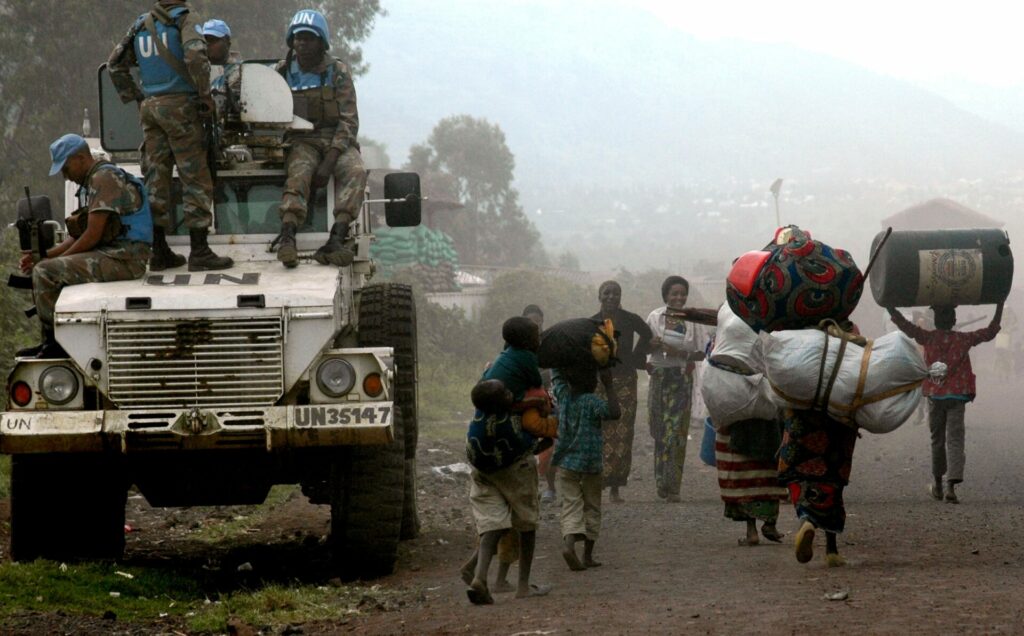
- The FARDC and the FDLR might attack the M23, and those might rope-a –dope them even harder:
Everybody was expecting this scenario months ago, and this might have worked at that time, but Kinshasa has lost its momentum to pull this off successfully. The M23 was able to dig in and to occupy several defensive positions and to prepare its strategy. The whole axe between Bunagana, Chengerero, Jomba, Rutshuru, Rumagabo, and Kibumba has been fortified with trench lines, bunkers, arms caches, etc. The M23 would force the FARDC to use its infantry and nearly untrained Wazalendo to attack these positions. Tanks, heavy artillery, planes, and helicopters would be less effective on this battlefield. The motivation and the training or the FARDC is already highly questionable; the newly trained troops still have to prove themselves, and other newly trained troops proved to be useless in the past. The Wazalendo could turn against their sponsors when they find out that they will be used as canon father.
In fact, we get the impression that the M23 would favor this option: it would allow them to put the blame of the aggression on the FARDC, fight back being well protected in their bunkers, send small mobile units behind the enemy lines to create havoc and to neutralize the airports in Goma and in Kavumu, create chaos, etc. This FARDC offensive would be, without any doubt, be accompanied by a new propaganda campaign in Kinshasa but the M23 would just have to sit it all out in their trenches and bunkers, confront the FARDC units who are attacking them with their own incapacity of command and motivation and hit back very hard when the FARDC and the FDLR are getting tired. One can call this a more direct and faster rope-a-dope strategy that could allow the M23 to get the upper hand in a couple of weeks or a couple of months. The blow that the FARDC could receive by losing this war could brush it out of the Kivu’s for years to come. And the FDLR would suffer also enough casualties to convince them to put down their weapons, to send their civilians back to Rwanda, and to send the killers in their ranks to jail.
- The FARDC might succeed in its offensive and push the M23 out:
Given the facts we already summed up, this scenario would be very unlikely. This would pull the region in even more chaos in the years to come. If the FARDC and the FDLR would decide to attack Rwanda, they would sign their own death warrants.
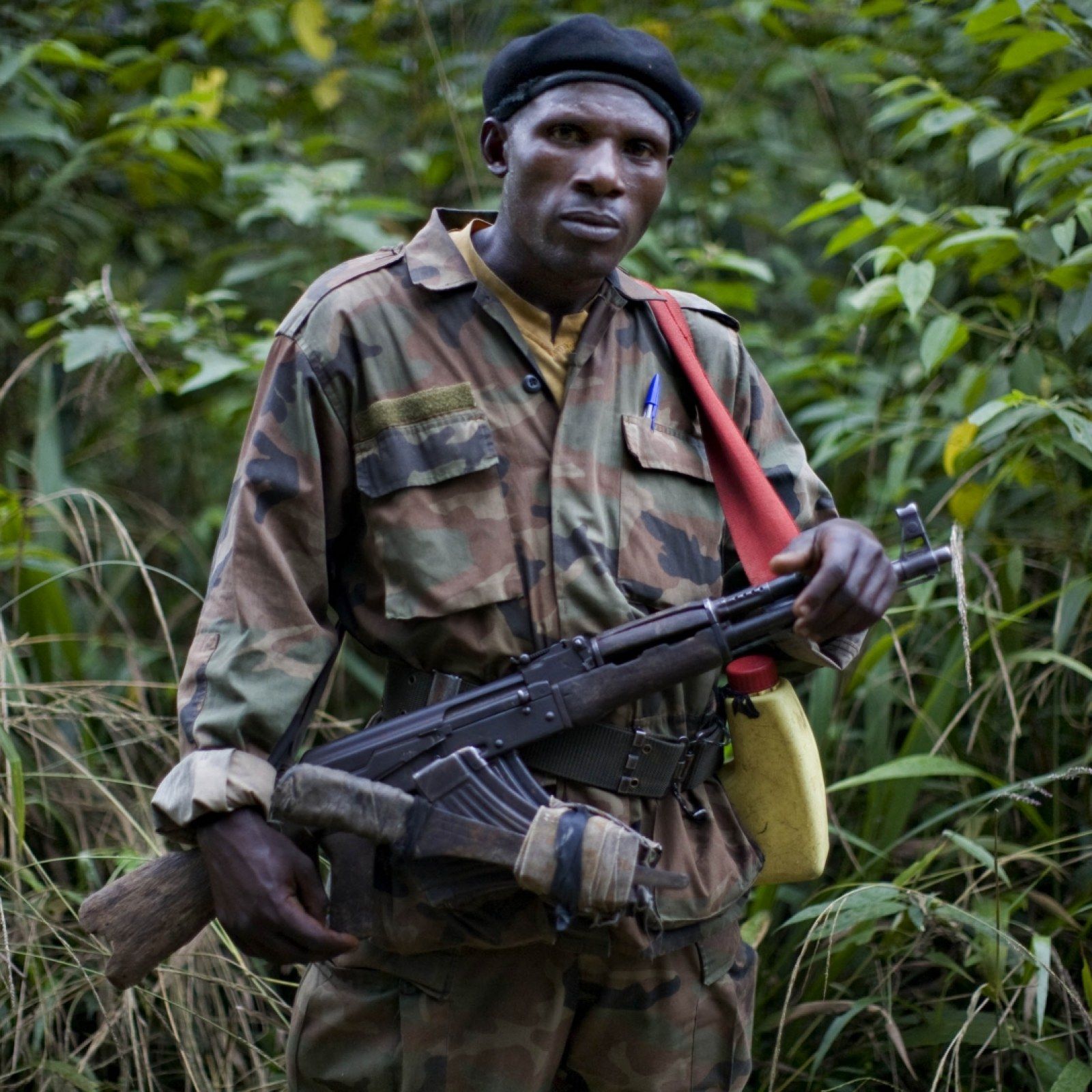
Bertrand Bisimwa’s interview is a wake-up call, a last warning or a serious shot in front of the bow of the clique in place in Kinshasa and the international community. Until recently, only one of the protagonists refused negotiations, and now the other one has lost its faith that negotiations could solve the problem. The international community allows all of this to happen, and this is something we have seen before; in 1994 when the Interahamwe launched their genocide against the Tutsi’s and the when the RPF had to step in to stop it. If a bigger war in the Kivu’s starts the international community should understand that this could evolve also in a bigger, regional war and that the structure and the future of Congo as a country might be put on the line…
Link interview Bertrand Bisimwa: https://www.youtube.com/watch?v=1D3Pt22Oalg
Adeline Umutoni and Marc Hoogsteyns, Kivu Press Agency.
